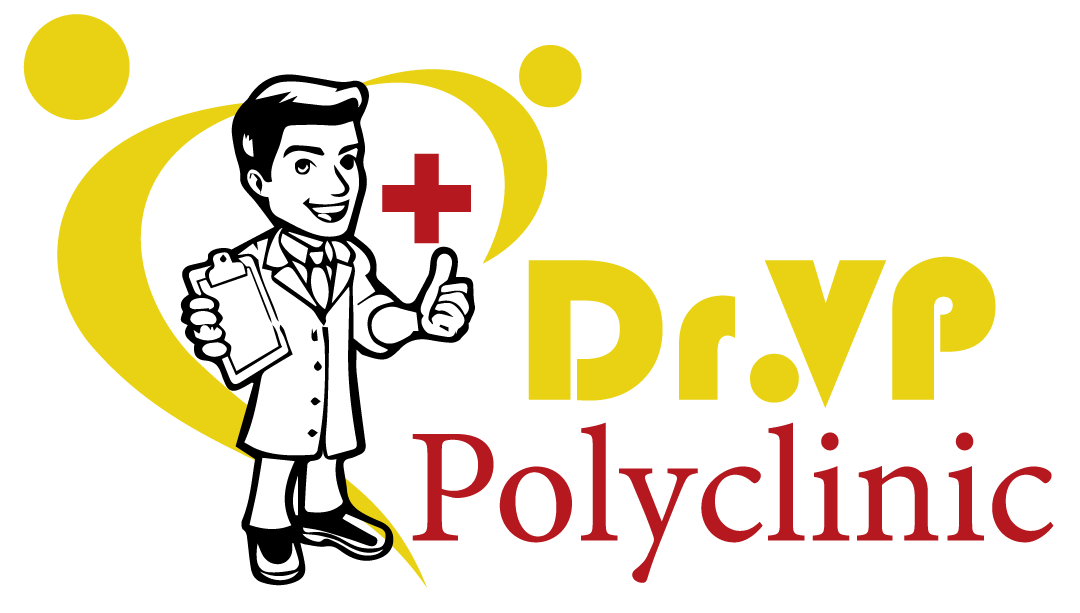
Fungal Diseases
Fungal diseases, also known as mycoses, encompass a diverse group of infections caused by fungi. While many fungi are harmless, some can cause infections in humans. These infections can affect various body parts, including the skin, nails, lungs, and internal organs.
Common Types of Fungal Infections:
Dermatophyte Infections: These infections affect the skin, hair, and nails and include conditions like athlete’s foot (tinea pedis), ringworm (tinea corporis), and fungal nail infections (onychomycosis).
Candidiasis: Caused by the Candida species, candidiasis can affect the mouth (oral thrush), genitals (vaginal yeast infection), and other mucous membranes.
Aspergillosis: An infection caused by the Aspergillus fungus, commonly affecting the lungs and sometimes spreading to other organs in individuals with weakened immune systems.
Histoplasmosis: This fungal infection is caused by inhaling spores of the Histoplasma fungus, primarily affecting the lungs.
Cryptococcosis: Caused by the Cryptococcus fungus, it can lead to lung infections and may disseminate to the central nervous system, especially in immunocompromised individuals.
Symptoms and Diagnosis:
Symptoms of fungal infections vary depending on the type and location of the infection. Common symptoms include itching, redness, rashes, and changes in affected tissues. Diagnosis often involves clinical evaluation, microscopic examination of samples, and, in some cases, culture or molecular tests to identify the specific fungus.
Treatment: Treatment of fungal diseases typically involves antifungal medications. Topical antifungal creams, oral medications, or intravenous antifungals may be prescribed based on the severity and type of infection. Duration of treatment varies, and adherence to the prescribed regimen is crucial for successful resolution.
Prevention: Preventing fungal infections involves practicing good hygiene, keeping the skin dry, and avoiding contact with contaminated surfaces. Individuals with weakened immune systems, such as those with HIV or undergoing immunosuppressive therapies, may require additional precautions.
Complications: Complications of fungal infections can range from mild to severe. In some cases, especially when left untreated or in individuals with compromised immune systems, fungal infections can become chronic or disseminate to other organs, leading to systemic illness.
In conclusion, early diagnosis, appropriate treatment, and preventive measures are essential in managing fungal diseases. Seeking medical attention for persistent or worsening symptoms is crucial for effective intervention and optimal outcomes.

